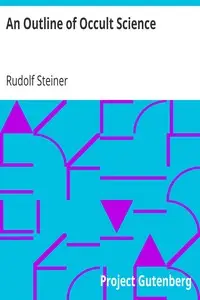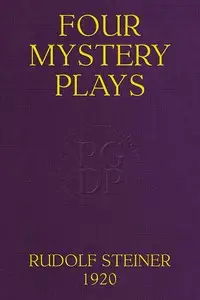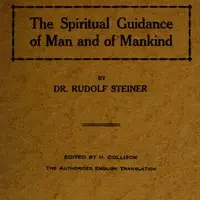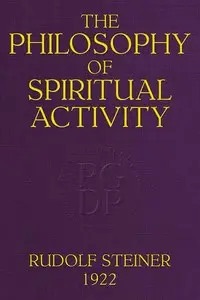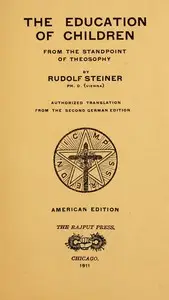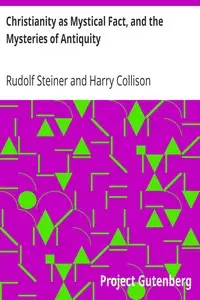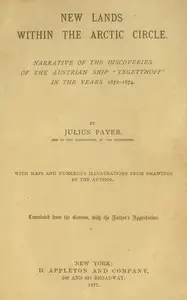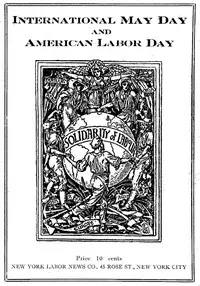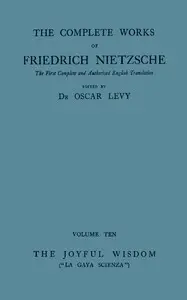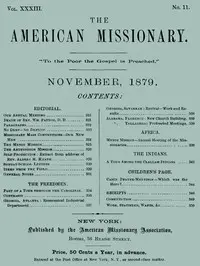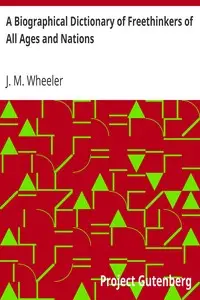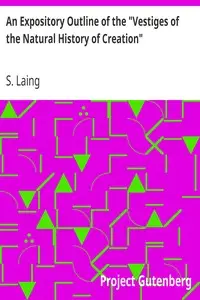"The Way of Initiation; or, How to Attain Knowledge of the Higher Worlds" by Rudolf Steiner is a spiritual and philosophical text written in the early 20th century. This work explores the concepts of mysticism, occultism, and personal spiritual development through various stages of initiation, which aim to open individuals to higher realities and knowledge. It addresses the challenges modern people face in understanding superphysical realms and the methods required to cultivate spiritual insight. At the start of the text, the author presents the challenge of gaining acceptance for mystical truths in a skeptical and materialistic society. He argues for the necessity of personal experience and inner development in order to understand spiritual realities. Steiner outlines the initial steps towards achieving spiritual awareness, emphasizing the need for inner calm and a sense of reverence to explore higher states of consciousness. He suggests that everyone possesses latent faculties that can be awakened through devotion and meditation, leading ultimately to a deeper connection with the spiritual world. The opening portion sets the stage for further exploration of the stages of initiation, enlightenment, and the awakening of spiritual senses to perceive the subtle worlds beyond our immediate experience. (This is an automatically generated summary.)
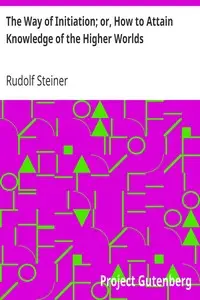
The Way of Initiation; or, How to Attain Knowledge of the Higher Worlds
By Rudolf Steiner
"The Way of Initiation; or, How to Attain Knowledge of the Higher Worlds" by Rudolf Steiner is a spiritual and philosophical text written in the early...
Rudolf Joseph Lorenz Steiner was an Austrian occultist, social reformer, architect, esotericist, and claimed clairvoyant. Steiner gained initial recognition at the end of the nineteenth century as a literary critic and published works including The Philosophy of Freedom. At the beginning of the twentieth century he founded an esoteric spiritual movement, anthroposophy, with roots in German idealist philosophy and theosophy. His teachings are influenced by Christian Gnosticism or neognosticism. Many of his ideas are pseudoscientific. He was also prone to pseudohistory.

